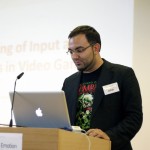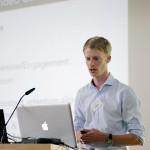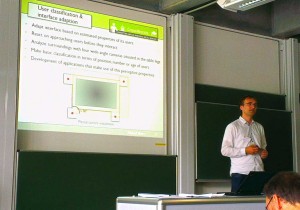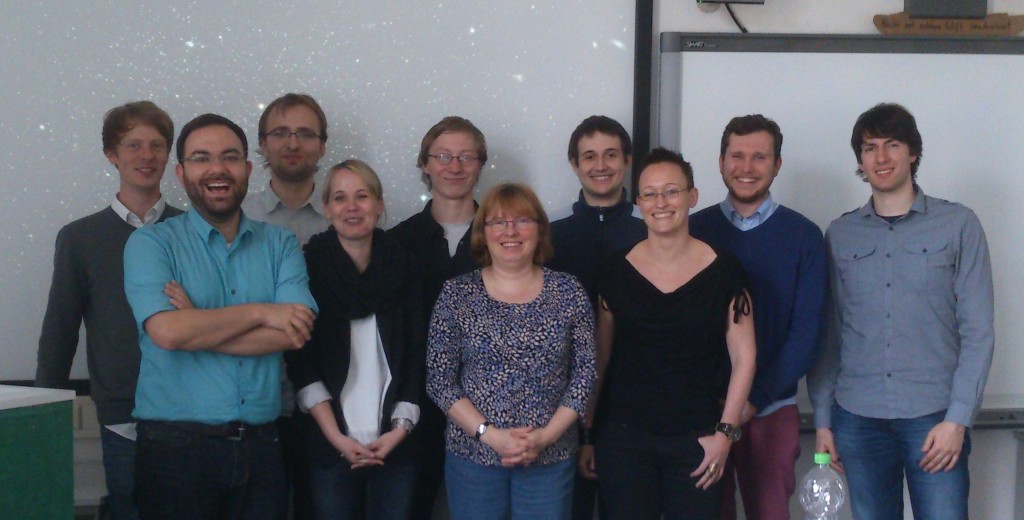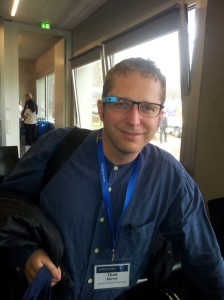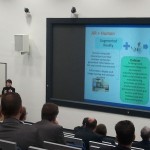Science and Technology Studies (STS) and the Sociology of Knowledge are largely seperate fields in german Sociology. To overcome this trench the respective sections of the German Assosication for Sociology met for a mutual conference at Technische Universität Berlin on january 18. and 19. Our fellows Kalja Kanellopoulos and Andreas Bischof attended the event.
The core of the joint-work was the question about the social dimension(s) of scientific knowledge. The associated problems, e.g.the relations between different types of knowledge like “everyday knowledge” vs. “scienctific knowledge”, have been handled as empricial questions, which allowed a comparative perspective. Some of the discussed dimensions briefly touched:
Production of Scientific Knowledge
The basic social mode of production of scientific knowledge is boundary work. It’s production as canonical knowledge is based on personal networks, and shaped by opposing dynamics in scientific knowledge (differentiation) and the organization of academic science (stratification). The production of scientific knowledge in companies can lead to irresolvable contradictions, particularly for qualitative research. A softer institution of the production and updating of scientific knowledge are conferences and conventions itself, their multiple functions should be investigated further.
Legitimation of Scientific Knowledge
Regarded as an essential distinction against other forms of knowledge, scientific knowledge institutionalized its own forms of legitimacy. In modern science the book review is one of the classical forms of literary criticism. The qualitative analysis of different review journals shows how necessary the comparative analysis of differentiated academic cultures is. A relatively new form of assessment of scientific knowledge is the appointment of quantifying algorithms. Examining these bibliometrics and its meaning in recent publishing shows their lack of standard and possibility of abuse. As an outlook for future research, forms of popular scientific mediation has been mentioned, particularly used by natural sciences. Those reflect a special and recent form of legitimation of scientific knowledge: its capability of being connectable to public discourses.
Effects of Scientific Knowledge
Scientific knowledge is the base for most governance strategies and instruments. Political decisions about legal conditions of human medical issues such as organ donation are more and more delegated to expert committees, with lack scientific examination. By becoming part of governance structures, the scientific knowledge undergoes a peculiar social effect: It becomes “blind” for its own derivation and tends to construct society as an external entity. It therefore operates in a semantics of naturalization of social order. Another example for the diffusion of scientific knowledge in various sectors of society is the analysis and monitoring of human practices using cameras. Evaluation forms such as eye tracking in market research or surveillance of public places develop specific forms of visual objectivity.
